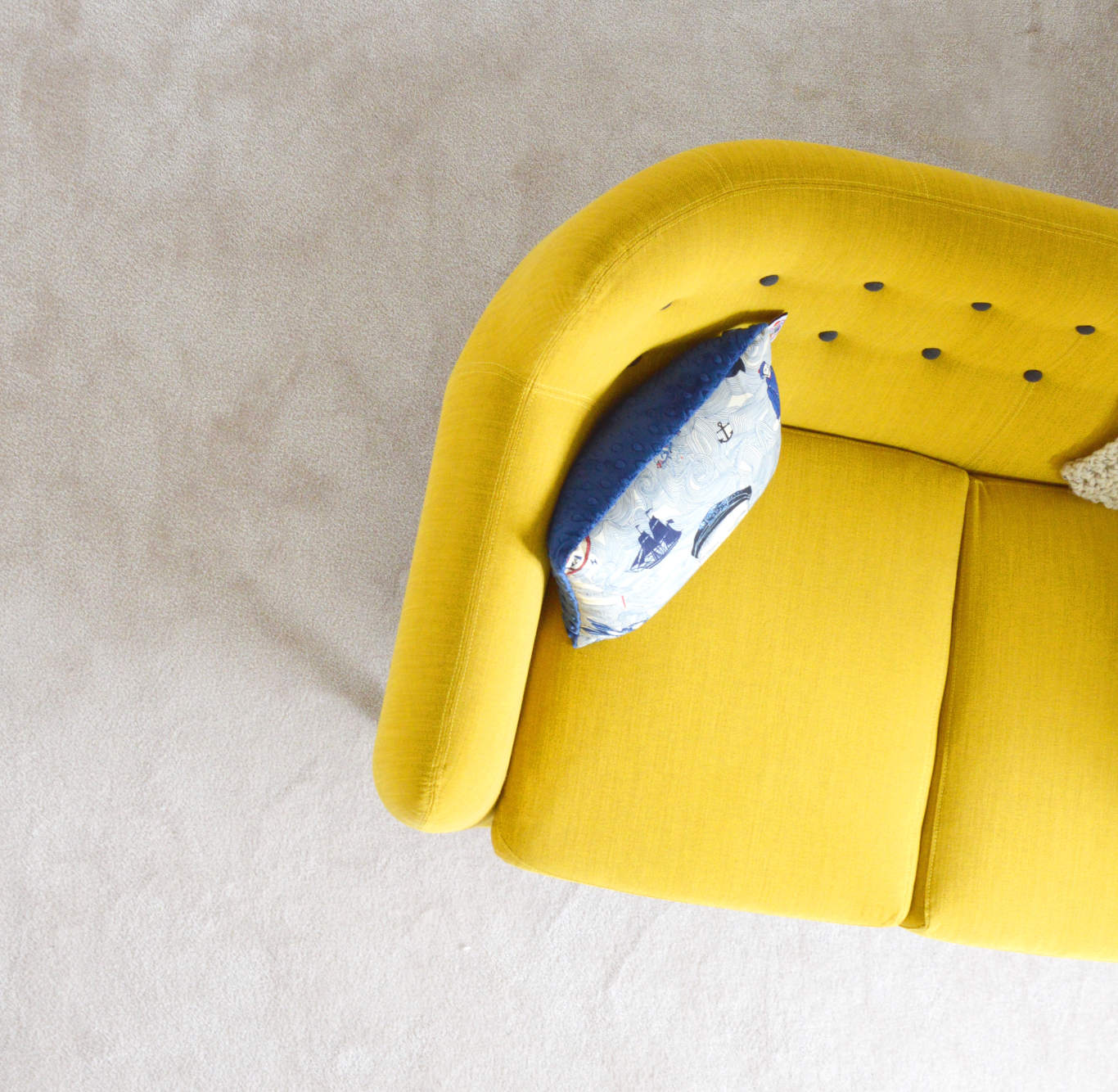For most people, their home makes up a significant portion of their personal net worth. If your home is your castle, you want to make sure you protect it. But how much homeowners insurance do you need, and how do you make sure you’re getting the best coverage for the price? Here are eight things to keep in mind as you look for homeowners insurance quotes.

Bundle Your Coverage
Do you own a car or two? How about a business? Have you considered buying life insurance? If you carry car insurance, business insurance or some other type of insurance coverage, you can save by purchasing multiple policies through the same insurance company. You already need the insurance, so why not save some money while you’re at it? Be sure to ask about discounts for bundled coverage.
Many people also like the idea of buying all their insurance through the same provider, as it streamlines communication and billing. Every insurer operates a bit differently — even when it comes to how often they send mailings — so sticking with one insurer often makes people feel a bit more organized and on the ball with their coverage.
“Most companies that sell home insurance also sell other kinds of policies, such as auto or life insurance. If you purchase more than one type of insurance from a carrier, it may qualify you for a discount that could be as much as 15 per cent,” says author and personal finance expert Laura Adams. “However, you still need to compare prices and make sure that a bundled price is really lower than buying separate policies from different insurers.”
This is where an insurance comparison and brokerage site like My Insurance Broker can help. With our online quote tools, you can see coverage options for every insurance product, from car insurance and homeowners insurance to business insurance, health insurance and more. We partner with 28 insurance companies to bring you the best quotes on all of your insurance needs. You can get quotes online, and then talk to one of our knowledgeable insurance advisers about which policies are right for you.
Raise Your Deductible
Premiums are the periodic (typically monthly) payments you pay for your insurance policy. By contrast, a deductible is what you pay upfront when you file a claim and before your insurance kicks in. You’ll always pay premiums no matter what, but you may never have to pay a deductible — assuming you never need to file a claim.
Because homeowners insurance is a “hope you never need it” kind of product, it can be tough to pay that premium every month. You’re paying for peace of mind, and it’s sometimes hard to justify paying for something you can’t necessarily see. This is why some homeowners opt for a higher deductible and smaller monthly premiums.
Thus, if you want to save on your premiums, you can raise your deductible. For example, instead of a $500 deductible for water or other damage, you could raise it to $1,000 or even $2,500. However, this means you’ll have to come up with the bigger deductible out of your own pocket before insurance will cover the rest of the damage to your home.
The average homeowner can save between 10 and 13 percent on their policy with a $1,000 deductible rather than a $500. Raising your deductible can result in a significant savings, but it’s important to weigh the pros and cons. Can your budget really afford to take the one-time hit of a high deductible? Do you live in an area that sees a lot of flooding in the spring? Is your home an historical property with a lot of older pipes and plumbing? The average homeowner files a claim once every nine years.
The bottom line? You can see some savings with a higher deductible, but make sure you’ve got the budget to cover it in the event disaster strikes.
Install a Security System
If you don’t live near a fire hydrant or mere blocks from the nearest fire station, you can still reap some savings on your homeowners insurance policy by installing a security system. To qualify for the discount, most insurance companies require an in-home alarm system that connects with a third-party monitoring company that monitors your home 24/7 and will contact police, fire and other emergency personnel in the event of an alarm.
You can also save by upgrading your roof, installing new plumbing or retrofitting your home’s electrical system. If an upgrade will make your home safer, chances are your insurance company will offer a lower price for your coverage (just don’t forget to notify the company when you finish a renovation or install upgrades).
If you’re looking at alarm systems, it’s also a good idea to check with insurance companies in advance to see what they require and how much of a discount they’re willing to offer. Some homeowners can save up to 25 per cent on their coverage by installing a home security system. Between the savings and the peace of mind, it’s definitely an option worth checking out.
You may also qualify for a discount if you live in a gated community, so be sure to ask your broker about savings for homes in private or gated communities.
Stick with the Same Insurance Company
Loyalty can appeal to insurance companies, and many offer discounts for homeowners who stick with them for years.
With that said, it’s also smart to shop around for new homeowners insurance periodically. Insurers change their menu of offerings from time to time, and you won’t know what potential savings are out there unless you comparison shop.
Of course, you’ll also save by staying claim-free for as long as possible, so make sure you conduct regular maintenance on your home. Change the batteries in your smoke alarms, check for faulty wiring and inspect your roof for leaks and damage.
Disaster Proof Your Property
Can your home weather a natural disaster? Are you prepared for the next big snowstorm or torrential downpour? If you live in a part of the country that sees a lot of tornadoes, is your roof rated for strong winds and heavy rain?
The idea behind prepping your property for the worst is to make every effort to avoid claims. If you have a history of making claims, you’re likely to pay higher premiums for homeowners insurance — and some insurers may decline to extend coverage at all. No one wants to deal with a flooded basement or home fire, so take steps to keep your property in the best shape possible.
Disaster-proofing isn’t just about weather, however. Jeff Blyskal of Consumer Reports offers up a few suggestions for protecting your home:
“Substitute reinforced washing machine hoses for standard rubber ones to avoid the average $5,300 claim for water damage if the hose blows when no one is home. Never leave a stove unattended—a leading cause of home fires—and keep a fire extinguisher nearby. And tap insurer discounts for smoke and fire alarms, burglar alarms, and dead-bolt locks, which can cut 5 percent from your premium.”
Ask for Senior Discounts
With age comes wisdom — and lower insurance premiums. Just as with car insurance, insurance companies tend to charge less for coverage after a policyholder has reached a certain age. Older homeowners are more likely to be retired, which means they are usually home more often and thus available to notice a leak, fire or other emergency.
Seniors can also save by qualifying for a mortgage-free discount. If you own your home and don’t have a mortgage, you can often save on a homeowners insurance policy. While you’re not required to maintain home insurance, most banks and lenders require homeowners insurance as a condition of qualifying for a mortgage. And even if you own your home, it’s still important to make sure it’s covered.
Assess Your Coverage
Homeowners insurance is a must-have (and usually a requirement if you have a mortgage), but do you really need all of that coverage? In some cases, more isn’t necessarily more. Take a look at your homeowners insurance and read your policy carefully to see if there are areas you could scale back.
While you may think you’re doing yourself a favor by buying the most comprehensive policy available, it’s important to make sure you’re not paying for coverage you don’t really need. For example, do you live in a condo with a group policy that covers damage caused by roof leaks or loss caused by break-ins? Before you pay for homeowners insurance, make sure you’re not already covered elsewhere.
Stop Smoking
Smoking is bad for your health, but did you know it’s also bad for your homeowners insurance premiums? In June 2017, CBC News reported that tossed cigarettes had already caused 24 house fires in Edmonton alone, resulting in more than $850,000 in damage. According to the Canada Safety Council, smoking caused nearly 4,000 fires in the year 2000 with losses totaling $56.7 million.
Insurance companies take this seriously, and they charge more to insure homeowners who smoke, or who live with someone who does. If you can kick your habit, you’ll live a healthier life and save money on your homeowners insurance.
Save on Homeowners Insurance with My Insurance Broker
Are you ready to see how much you can save on homeowners insurance? My Insurance Broker is one of Ontario’s leading insurance brokerages. Call us today to learn how you can pay less for the home insurance you need. You can reach us right now at 1 (855) 482-5001.
